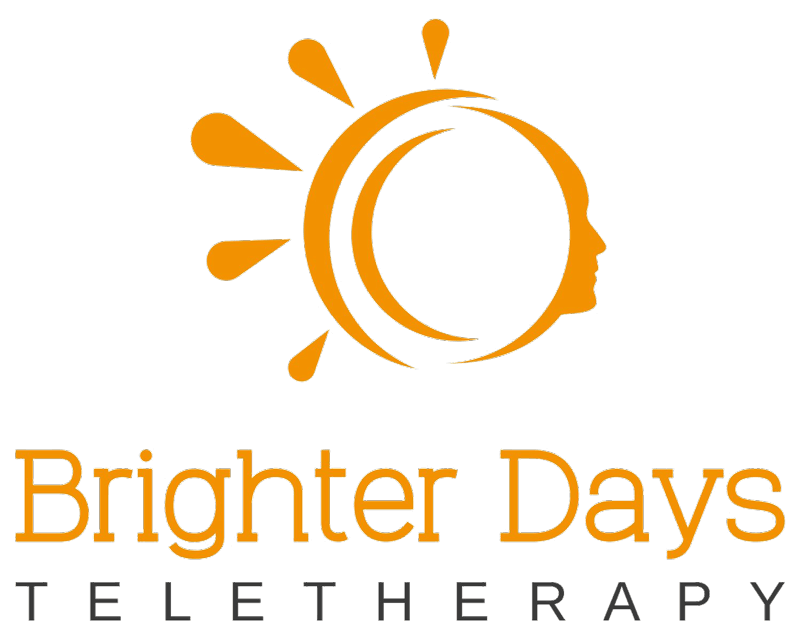Strengthening Relationships: Overcoming Attachment Trauma with EMDR
In the journey of life, our relationships are like ships navigating the vast oceans of emotional intimacy and connection. However, for many, these waters are rough, stirred by the undercurrents of attachment trauma. In adulthood, this trauma often manifests as fears of intimacy, dependency issues, or a rollercoaster of relationship highs and lows. This is where Eye Movement Desensitization and Reprocessing (EMDR) therapy, especially Attachment-Focused EMDR, can be a lighthouse, guiding individuals to safer, more fulfilling relational shores.
The Anchors of Attachment Trauma in Adult Relationships
Attachment trauma, rooted in our earliest experiences with primary caregivers, can set the stage for our adult relational dynamics. This trauma might arise from experiences of neglect, inconsistency, or emotional unavailability in childhood. Fast forward to adulthood, and these early experiences might manifest in various ways:
Fear of Intimacy: Like a ship fearing the deep waters, some might shy away from deep emotional connections, guarding themselves against potential hurt.
Dependency Issues: Others may find themselves overly reliant on their partners for emotional support, like a ship too anchored to explore the seas.
Anxious and Avoidant Attachment Styles: These styles, developed as coping mechanisms in childhood, can lead to a push-pull dynamic in relationships, akin to a ship caught in a storm, unable to find a steady course.
EMDR Therapy: Navigating Through the Storms of Attachment Trauma
EMDR therapy, developed by Francine Shapiro, has proven effective in treating various forms of trauma, including attachment wounds. It involves processing traumatic memories through bilateral stimulation (like eye movements or taps), allowing the brain to reprocess these memories in a healthier way.
Online EMDR: Therapy at the Helm, Wherever You Are
With the advent of effective online therapy, EMDR is now more accessible than ever. Online EMDR offers the convenience and comfort of engaging in therapy from your own space, making it an appealing option for those who might be navigating the choppy waters of attachment trauma.
Attachment-Focused EMDR: A Specialized Compass
Attachment-Focused EMDR (AF-EMDR) is a specialized form of EMDR therapy that specifically targets attachment trauma. Developed with an understanding of attachment styles and their impact on adult relationships, AF-EMDR can help in:
Identifying and Processing Traumatic Memories: AF-EMDR helps in pinpointing and reprocessing the specific childhood experiences that contribute to current relationship patterns.
Building Secure Attachment Styles: The therapy aims to transform insecure attachment styles, fostering a sense of security and trust in relationships.
Enhancing Emotional Regulation: AF-EMDR aids in developing healthier ways of managing emotions, crucial for maintaining stable relationships.
The EMDR Process: Charting a Course for Healing
Engaging in EMDR, particularly AF-EMDR, involves several key stages:
History Taking: Understanding your relational map – where you’ve been and where you’re struggling to go.
Preparation: Equipping you with the tools (coping mechanisms) to weather the emotional storms.
Assessment: Identifying the specific traumatic memories acting as hidden reefs beneath your relational waters.
Desensitization: Processing these memories to reduce their emotional charge – like calming turbulent waters.
Installation: Reinforcing positive beliefs about yourself and your capacity for healthy relationships.
Body Scan: Ensuring that the processed memories no longer cause emotional turbulence.
Closure: Wrapping up the session to ensure you feel grounded and safe.
Reevaluation: Continually assessing your progress and adjusting the course as needed.
Sailing Towards Healthier Relationships
The journey with AF-EMDR might not be smooth sailing all the way. It requires courage to face the winds of past traumas and the willingness to chart a new course. However, the rewards are bountiful – healthier, more fulfilling relationships where you feel secure, valued, and connected.
A Beacon of Hope
Attachment trauma need not define your relational destiny. With therapies like AF-EMDR, there’s hope on the horizon. This approach offers not just a way to calm the present storms but also a compass for navigating future relationships with confidence and ease. So, if you’re ready to set sail towards a future of healthier relationships, consider giving EMDR, particularly AF-EMDR, a chance to steer your journey.
